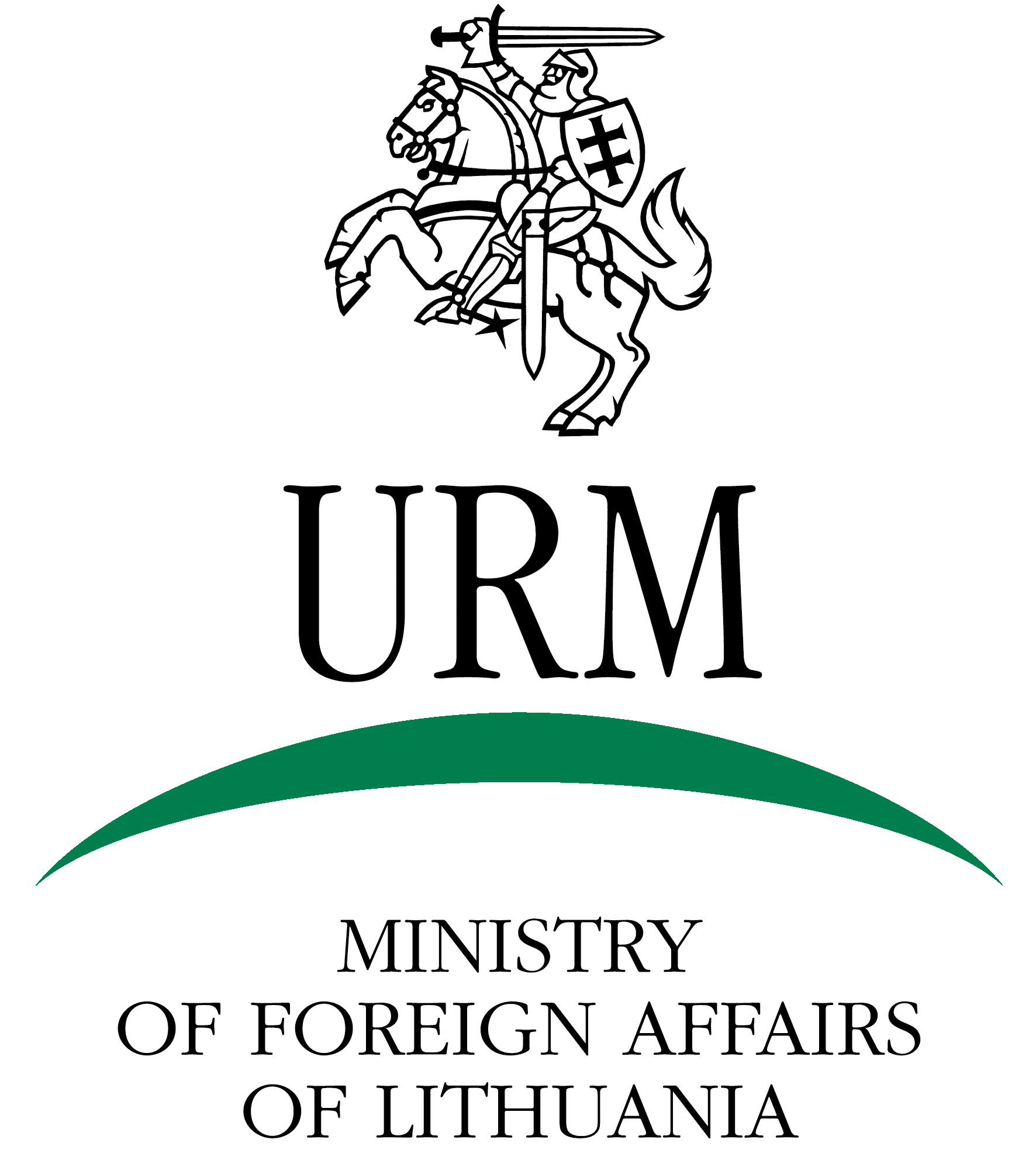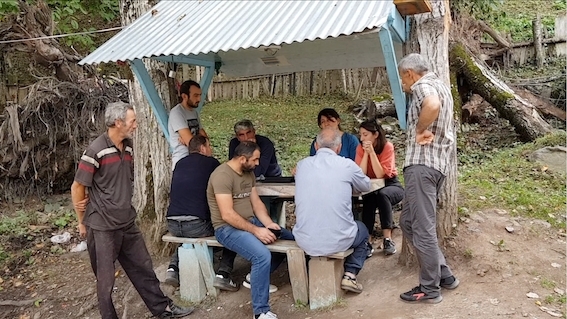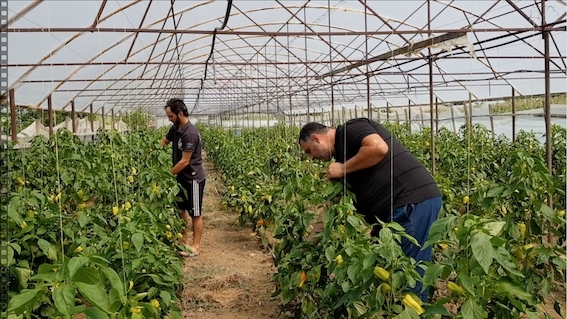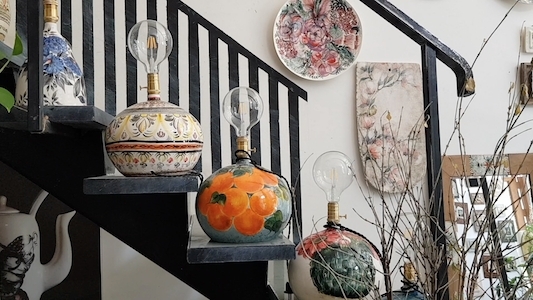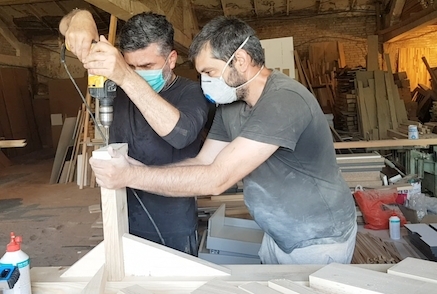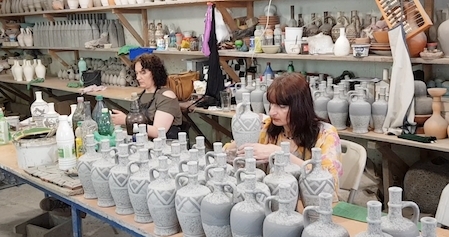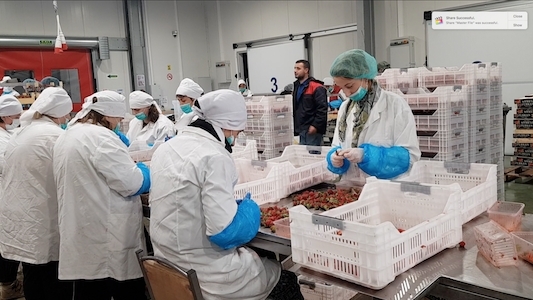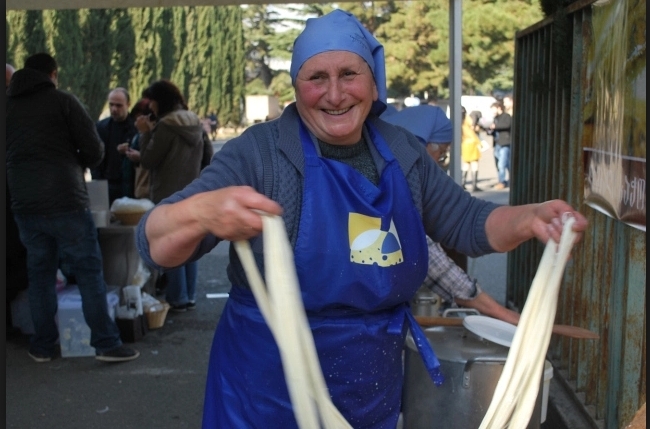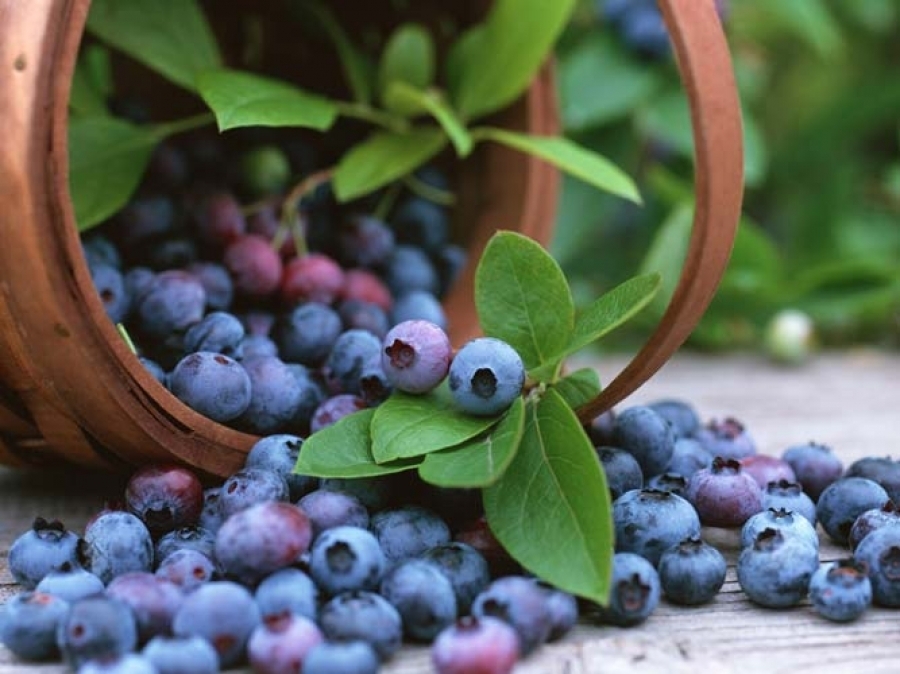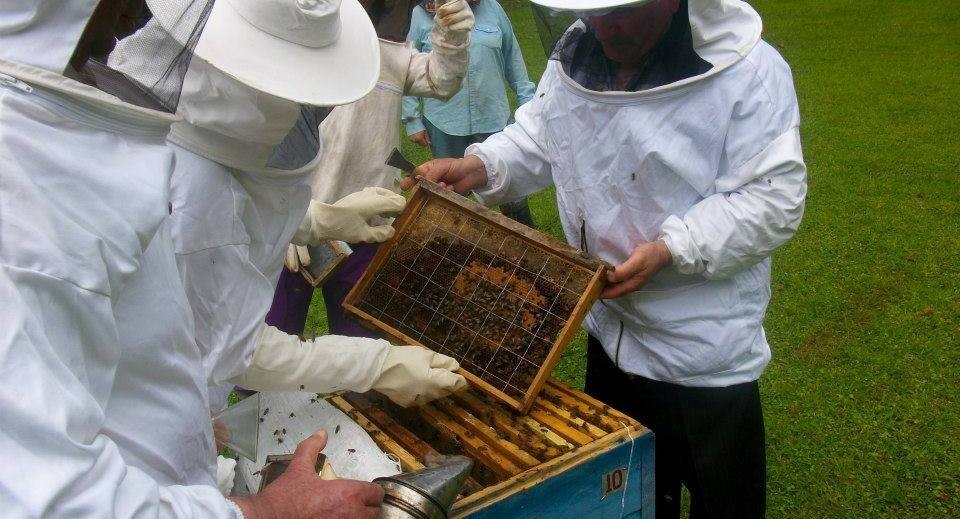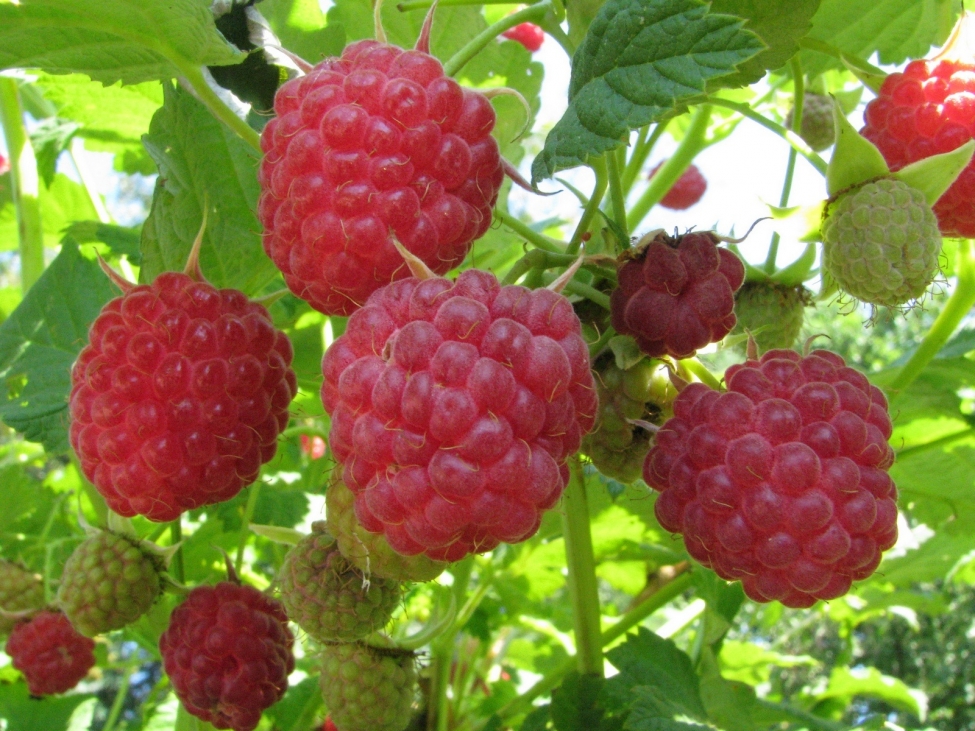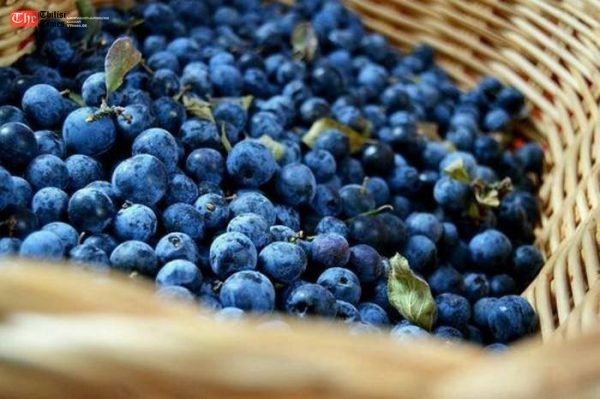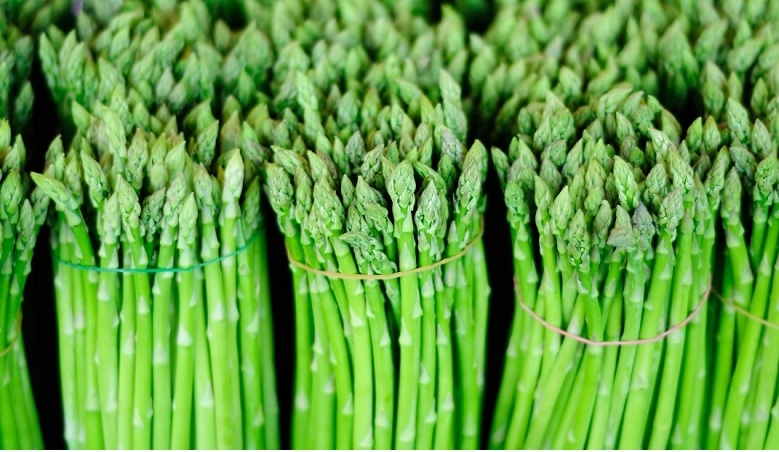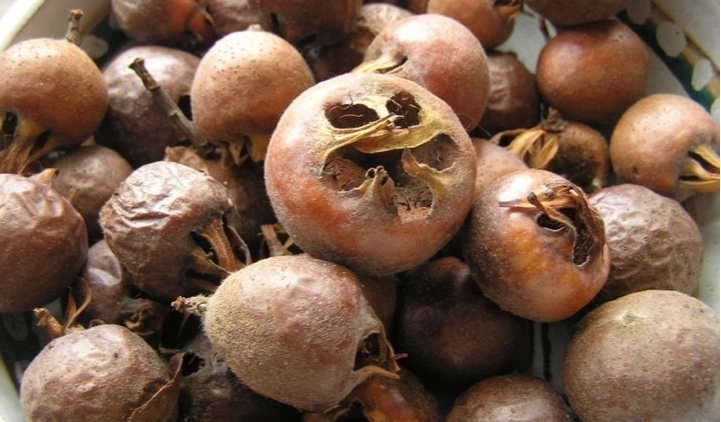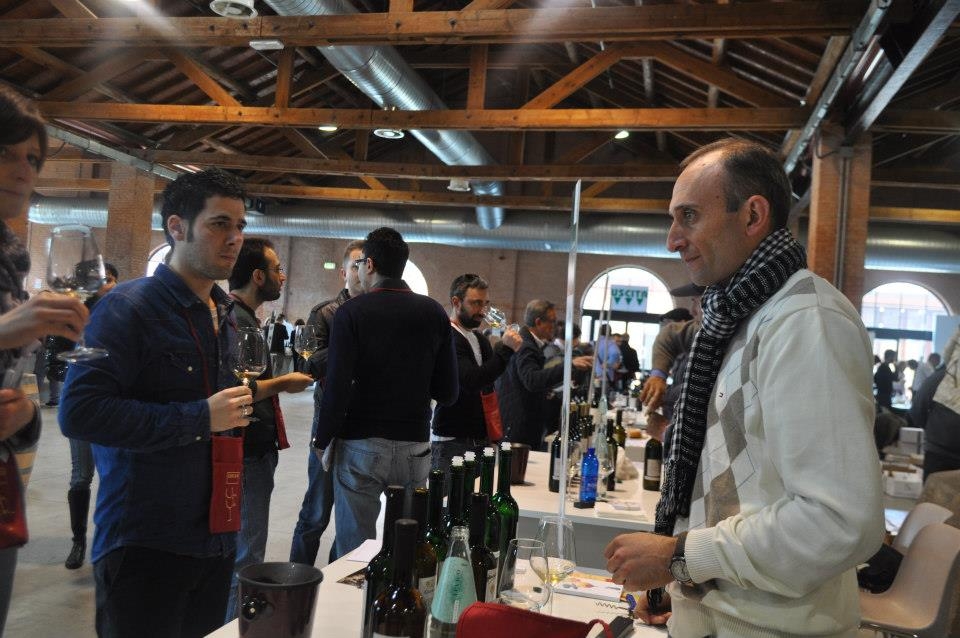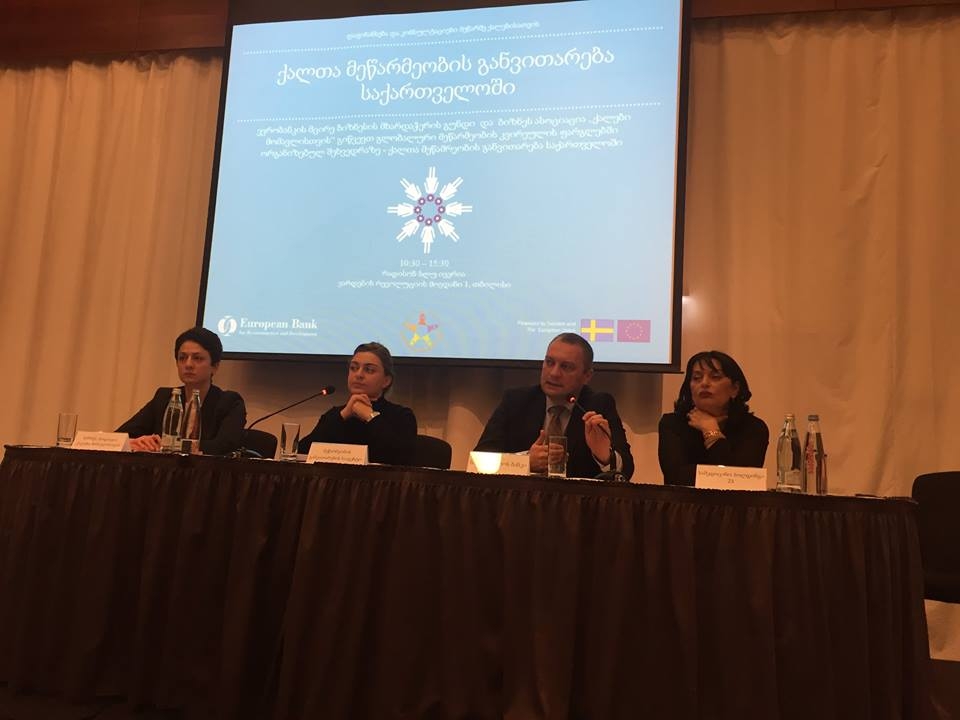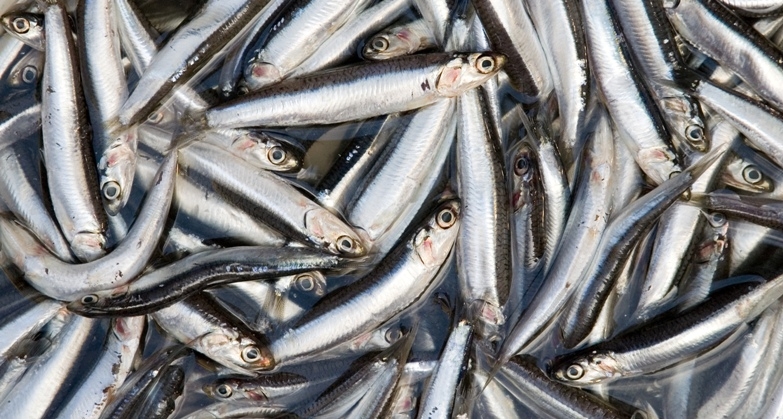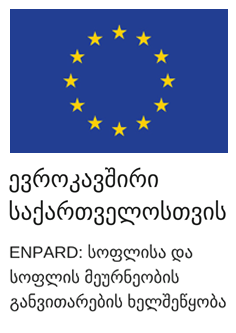Beekeepers whose honey has received a favorable results in the Riga lab

(Summary)
Beekeepers, whose honey has received positive reviews at the BIOR lab in Riga, spoke with eugeorgia.info about the problems of honey production and sale both locally and internationally. Before discussing these problems, let's look at the honey production trends in the country.
A 39% decrease from 2015 is fixed in 2017. At the same time, it is noteworthy that natural honey imports (expressed in value) increased by 18.7% in 2017 compared to 2015.
According to the National Statistics Office of Georgia there are 73 active enterprises in the beekeeping sector. 27 of which are individual entrepreneurs, 26 are LLCs and 19 are cooperatives. There are also other mixed-type active cooperatives that, along with other agricultural activities, also are involved in beekeeping. In addition, honey is also produced in family farms that are not represented in the business register.
As a result of the 2018 monitoring, a total of 100 samples were sent to BIOR lab, with no violations observed in 46 samples. Eugeorgia.info has contacted honey producers whose honey has undergone laboratory testing in Riga and found that the product contains no harmful substances and is totally harmless. In total, 29 manufacturers were surveyed, most of them (70%) are cooperative. Most of the respondents have very little amount of honey from last year's harvest, and they mostly sell individually with the help of personal contacts. Most of the new crops are harvested in early June and end in late August, depending on the weather and the type of honey.
Beekeepers have a problem in selling honey both locally and in the export market. Selling honeyIn large supermarkets and retail chains, is associated with high costs. Apart from the fact that the beekeeper has to submit a laboratory report that the honey is not contaminated, they also claim that the monthly fees and charges are very high.
Beekeepers also complain that Georgian honey cannot be exported with national mark. It still goes unofficially in Azerbaijan, and since it is packaged and labeled there is nowhere to be found that honey is Georgian. Beekeepers demand the creation of the Georgian honey mark so that consumers in the local market can easily distinguish harmless products from those contaminated with antibiotics and other residuals.
In addition, in 2017, the state program announced the construction of a honey processing plant. Beekeepers note that the processes have been very protracted. According to Giorgi Micheladze, director of the Agricultural Cooperative Development Agency, the plant is now completed, the equipment is being installed, then the plant will be tested and transferred to a second-level cooperative with at least 35 cooperatives. As the agency director says, there are already more than 50 cooperatives willing to work with them at this stage. Enterprise are expected to be handed out to cooperatives in September.
“The construction cost was 1.1 million GEL and the equipment cost - 800,000 GEL . Additionally, Office furniture needs to be purchased.. The enterprise will be transferred to the second level cooperative on the condition of 8-year redemption. During these 8 years they should redeem 30% of the total value according to the schedule and 70% is a state grant.”- said Giorgi Micheladze.
The requirements for each cooperative are as follows:
- Each cooperative must bring at least 2 tons of honey annually;
- They should not terminate production during this time;
- The number of cooperatives involved in the program should not be reduced;
- The cooperative will be required to abide by the Honey Technical Regulation, to introduce traceability and HACCP systems.
At the processing plant, cooperatives will be able to pack,, brand homogeneous honey and incorporate it into large supermarket chains and/or export it.
Author: Keti Melkadze
The article is prepared with the financial support of the Ministry of Foreign Affairs of Lithuania and "Development Cooperation and Democracy Promotion Programme."
